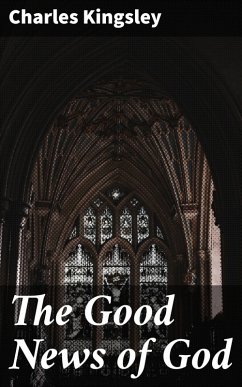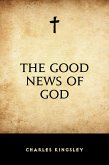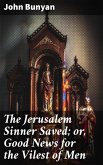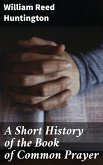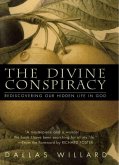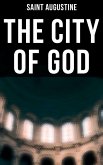In "The Good News of God," Charles Kingsley presents a compelling synthesis of Christian theology and Victorian thought, exploring the contemporary relevance of traditional religious beliefs. Written in a fervent and accessible style, the book serves as a spiritual guide, addressing the moral and ethical imperatives of Christianity while intertwining elements of social justice and natural history. Kingsley'Äôs eloquent prose, marked by vivid imagery and rhetorical flourish, invites readers to reconsider the significance of faith amid industrial change, highlighting the interplay between science and religion in a rapidly evolving world. Charles Kingsley was a notable Victorian cleric, novelist, and social reformer whose diverse interests shaped his theological perspectives. Influenced by the social challenges of his time, including the plight of the working class and the rise of scientific rationalism, he sought to reconcile the spiritual and the material. Kingsley'Äôs background as a historian and his commitment to social reform provide a critical context for understanding his vision of a Christianity that embraces both moral rectitude and social responsibility, fostering a compassionate and active faith. Readers seeking an enlightening exploration of faith intertwined with social advocacy will find "The Good News of God" to be an inspiring work. Kingsley's pilgrimage through complex theological terrain offers not only a deepened understanding of Christian principles but also a call to action, urging believers to embody their faith within the context of societal needs.
Dieser Download kann aus rechtlichen Gründen nur mit Rechnungsadresse in A, B, BG, CY, CZ, D, DK, EW, E, FIN, F, GR, H, IRL, I, LT, L, LR, M, NL, PL, P, R, S, SLO, SK ausgeliefert werden.

